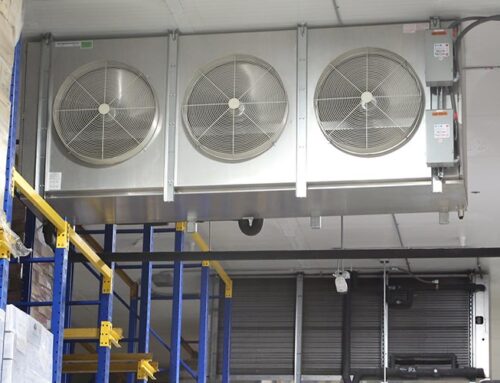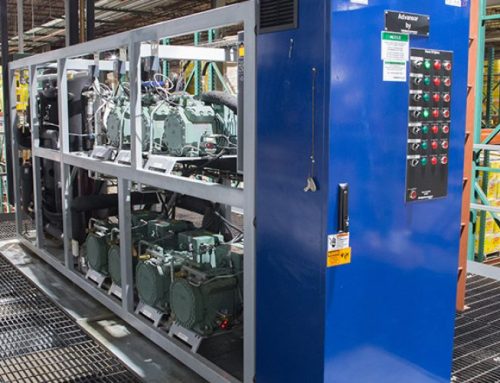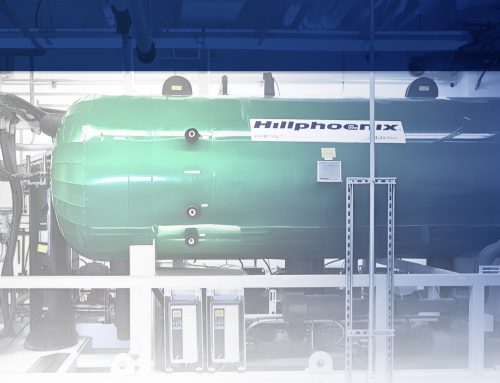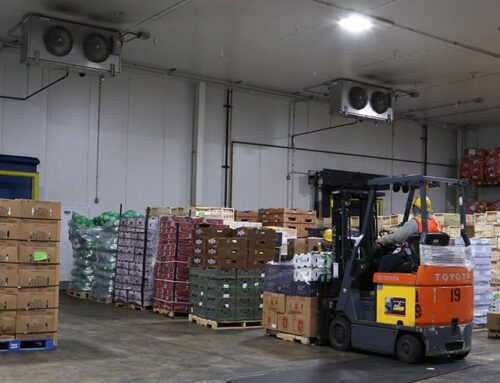Challenges Surrounding the Use of Industrial Refrigeration Systems and How to Solve Them
Industrial refrigeration systems are a staple in many industries around the world when it comes to cooling operational processes. Whether for cold storage, cold supply chain, or temperature-sensitive products, industrial refrigeration has shaped the global landscape and its demand continues to grow.
However, even with its expansive usage, there are still many misconceptions and apprehensions towards the usage of industrial refrigeration applications in various industries and many businesses find employing them to be a little challenging.
Here are some of the challenges surrounding the usage of industrial refrigeration systems and how to solve them:
High Cost of Ownership
Because industrial refrigeration systems are built for some of the most complex applications, their components and installation are typically more expensive than their retail and commercial counterparts. However, the good thing is that there are industrial refrigeration systems available in the market today that are cost-efficient without sacrificing performance, especially systems that utilize natural refrigerants, such as CO2. Through the power of innovation, research and development, these state-of-the-art industrial refrigeration systems offer lower total cost of ownership (TCO) through the wise use of CO2 as a refrigerant which is abundantly available and cheaper than synthetic refrigerants.
Safety and Environmental Issues
Issues such as refrigerant leakage and flammability are some of the most common safety concerns when it comes to the usage of natural refrigerants in industrial refrigeration systems. That is why it is important that appropriate safety measures to detect and prevent refrigerant leakage are integrated into the system design as well as rigorous procedures followed during system installation to assure proper setup and operation. These natural refrigerants have significant advantages when it comes to environmental concerns. Sustainable refrigerants used in industrial refrigeration, such as CO2 and ammonia, have low global warming potential (GWP) and zero ozone depletion potential (ODP), making them viable and desirable substitutes to combat the ill effects of climate change.
Skilled Worker Shortage
Due to the complexities and technicalities involved in working with industrial refrigeration systems, only specialized, trained workers can operate and maintain them. However, the demand for highly skilled refrigeration personnel exceeds the supply, thus making it one of the major challenges for businesses aiming at operating industrial refrigeration systems of their own. This skilled worker shortage can be mitigated by employing the services of a third-party training provider who specializes in educating refrigeration personnel to provide the necessary training and fill the knowledge gap of the businesses’ employees.
It can’t be denied that as the global economy continues to evolve through technology and industry innovation, there is a growing opportunity for the industrial refrigeration market. A significant number of industries around the world rely on industrial refrigeration to run their businesses. It is a key factor in the success of their operations—making industrial refrigeration systems one of the best value investments they ever made.




